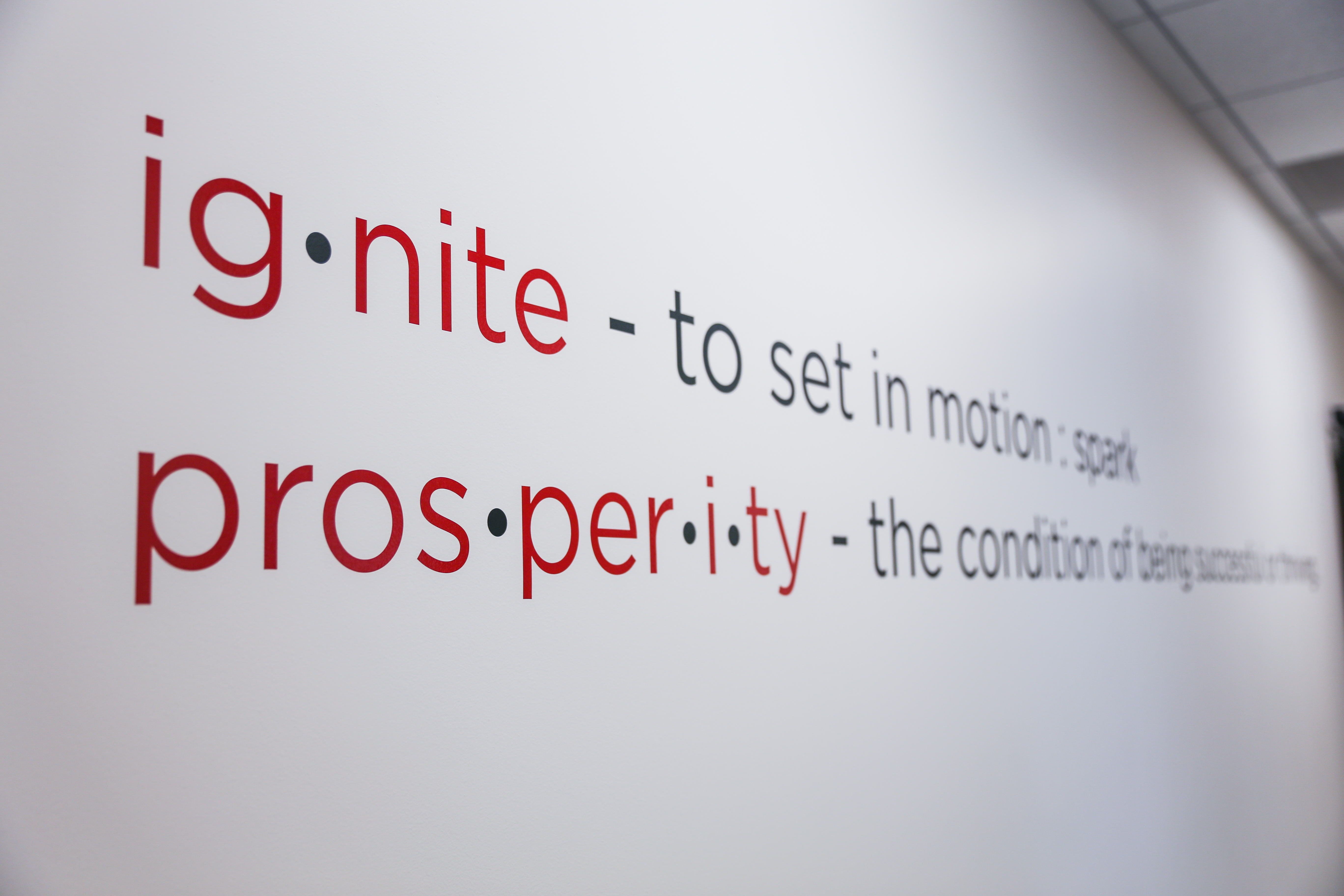The 4 L’s of Estate Planning
May 1, 2019
When asked the question “Am I prepared enough?” by a client, I generally ask the question, “Have you thought through the four L’s?”
Thinking and planning around Lifestyle, Liquidity, Longevity and Legacy will help further anyone down the path of preparedness. While there are many things to think and plan through, these four points encompass a lot and are a great starting point for anyone beginning to plan or checking their plan for their retirement or estate.
Lifestyle
The word lifestyle in this article can be substituted with the word expenses or spending. How much do you plan on spending in retirement in order to have the lifestyle you have always dreamed about? This is a case-by-case basis, but I have seen annual expenses as low as $24,000 a year for a single woman as well as above $100,000 a year for a married couple.
Debt, habits and physical location all play a factor in how much a person may spend, However, the dream of retirement and all it encompasses may play the largest part in those decisions.
Retirement may mean traveling to Europe, selling your house and living out of an RV, or just simply not working. No one can tell you what retirement should look like. It is up to you to make sure your dreams are realistic or make a few habit changes to bring reality closer to your dream.
Liquidity
When thinking through liquidity, you will want to calculate how much money is needed each year. This money should be kept in an accessible location (think checking, savings, or even stock market* depending on amount needed) in order for you to use it when needed. While not a bad investment, you may need to think through whether to keep or how much money to keep in real estate*, CD’s or collectable assets.
Always having at least a little money that you can pull from in a quick manner is important for emergencies.
Longevity
Facing mortality is never an easy topic for conversations, but it is necessary. Longevity can be a best educated guess at times based off of family and medical history. Having an idea of your expected longevity will help you prepare for how much should be in your retirement accounts, when you should possibly take social security and if any gifting of assets should occur.
In all cases it is better to be over prepared with this topic, so don’t hesitate to add a few years at the end.
Legacy
There are usually two views with this topic, neither right nor wrong. On one end is someone who wants to leave money for heirs for expenses such as education or to help pay down debt. On the other end is an owner who wants their last paycheck to bounce, knowing they used all the funds and lived life to the fullest.
With the person who wants to leave money, this needs to be built into the estate plan. The over-planning for longevity can also assist in leaving a larger legacy than expected. This legacy can be put in a trust, invested or be a donation to an organization or charity that has a close place in your heart as well.

The above is intended to serve as a quick guide to the things that you should consider when putting together a retirement or estate plan. For most people, this is simply a question of taking that first step and getting started. If you partner with the right professionals, and if you take the steps recommended above, I truly believe that you will have what is needed to make up a great plan!
For more information on how First National Bank and Trust Company can help begin or review your plans, call 217-935-2148.
*Investment products are: Not a Deposit, Not FDIC Insured, Not Insured by any Federal Government Agency, Not Guaranteed by the Bank, May Go Down in Value
About First National Bank and Trust Co: First National Bank & Trust Company is a community bank located in Clinton, Illinois. Dedicated to community prosperity, the bank was chartered in 1872 under the name DeWitt County National Bank. The name was changed First National Bank and Trust Company in 1974, and was acquired by TS Banking Group in 2017. With $170 million in assets, First National Bank is dedicated to community reinvestment and gives 10% of its net income back to the community. For more information visit firstnbtc.com.